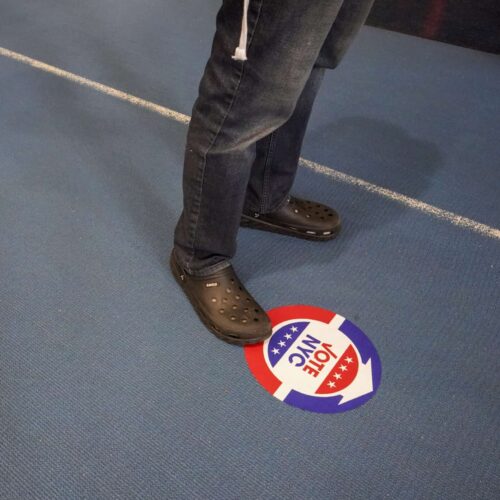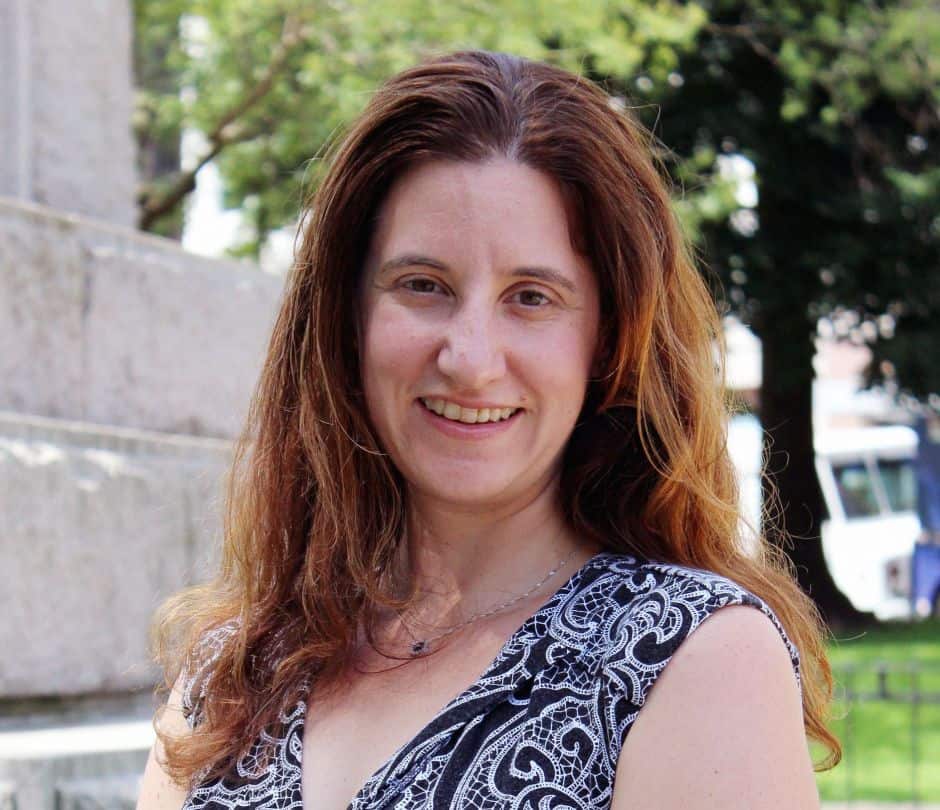Introduction
After an election season like no other, no one can say for sure how Election Day will play out on Tuesday — though theories abound.
Here’s what we do know: Early voting has exploded. The number of ballots cast has already surpassed more than half the total votes counted in the 2016 general election and in some battleground states, such as Texas and North Carolina, the percentage is far higher, according to data tracked by the U.S. Elections Project.
The record-setting explosion of early votes in many states is fueling projections of turbocharged voter turnout this year. Despite that, an endless series of pitched partisan battles over election administration show intentional efforts by the Trump campaign and Republican leaders to make voting more difficult.
We’ve been exploring the burdens, from polling place consolidations to lawsuits and voter intimidation, in our Barriers to the Ballot Box project in coordination with Stateline, an initiative of the Pew Charitable Trusts. Many obstacles fall heavily on voters of color, and they appear to be sparking a backlash. Around the country, Black voters lining up to vote early have said they were motivated by the need to take a stand against racial injustice and by anger over policies they said are designed to make voting harder for them.
These are potential issues we’re watching out for on Election Day:

Will there be long lines? The massive numbers of people casting ballots early is spreading out the workload for election officials, wrote Michael McDonald, the University of Florida political science professor who heads the U.S. Election Project. That takes some pressure off Nov. 3. But even if a majority of voters choose that option, millions of people will still vote on Election Day. Republicans are counting especially heavily on it. Many places that dramatically consolidated polling places for primaries earlier this year, prompting hours-long waits to vote, have recruited poll workers and arranged to open normal or close-to-it numbers of polling places Tuesday, but experts warn that places with major consolidation of voting sites, or other issues, could see long lines. That’s happened in early voting in Georgia, for example, for reasons that include technical problems with voting equipment. “Voters should stay in line … because they should be able to vote,” said Aunna Dennis, the executive director of Common Cause Georgia, referring to the fact that people in line before the poll closing time will be permitted to cast ballots.
Will there be instances of voter intimidation and conflict at the polls? Even before the first presidential debate, when President Donald Trump urged his supporters to “go to the polls and watch very carefully,” election officials were worried about disruptions at the polls this year. In recent weeks, election and law enforcement officials have reviewed security plans, trained poll workers in de-escalation techniques, and issued stern warnings against intimidating or threatening voters, which is illegal.
Will misinformation affect voting? Authorities and experts have repeatedly warned voters to watch out for misinformation aimed at suppressing the vote. Earlier this month, the Michigan attorney general charged two conservative operatives with felonies in connection with robocalls aimed at discouraging residents of urban areas, including Detroit, from voting by mail. Facebook, Google and Twitter have also announced policies aimed at suppressing misinformation about voting and post-election confusion, and election officials are urging voters to rely on official sources of information about voting.

When will we see results? Vote tallies on election night are always preliminary, but the timing of even these early results will vary. It will be after Nov. 3 in states that don’t allow jurisdictions to begin processing and tabulating mail ballots until Election Day or close to it — and that list includes some swing states. Michigan is “setting expectations for our full tabulation to be complete” the Friday after the election, Michigan Secretary of State Jocelyn Benson, a Democrat, said on a press call earlier this month. On the same call, Pennsylvania Secretary of State Kathy Boockvar, a Democrat, said Friday is when she expects the “overwhelming majority of ballots will be counted.”
Read more in Inside Public Integrity
Watchdog newsletter
Words matter: Was the attack on the Capitol a rally, protest or insurrection?
The question remains how history will record the events that resulted in mayhem at the U.S. Capitol.


Join the conversation
Show Comments